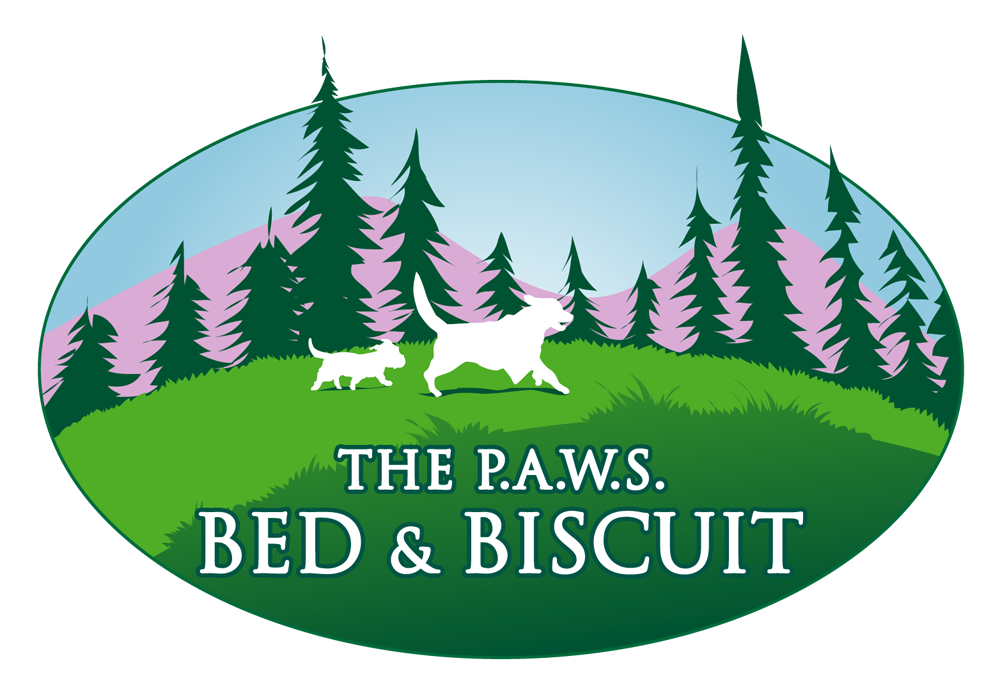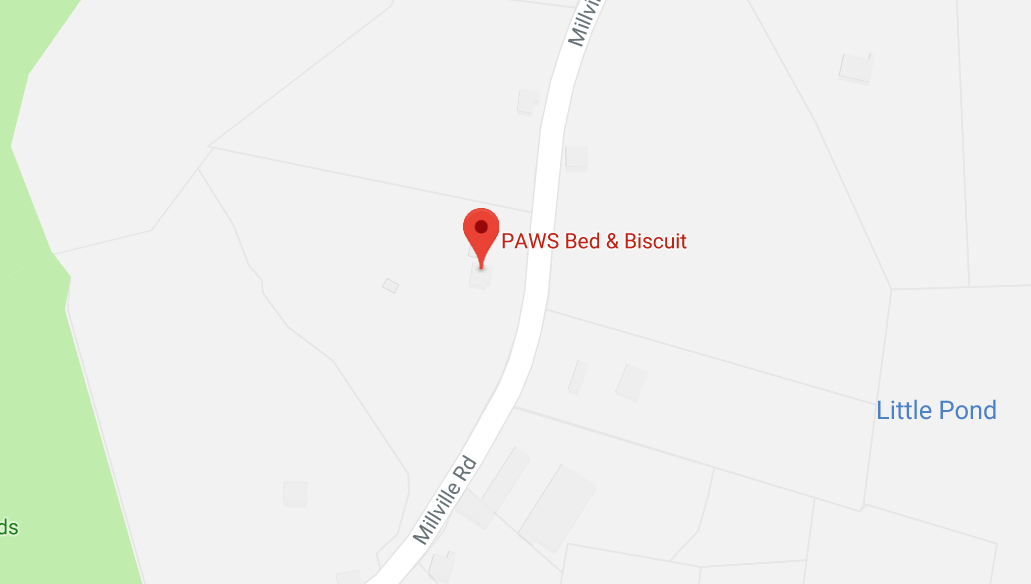Young animals, including puppies, are easy to socialize. Since they are curious and trusting, they can interact with their environment without displaying anxious behavior. Young animals are also easier to convince to try new things—a puppy will be able to adapt to a new home quicker than an older dog. At some point, animals naturally become more suspicious of things they have not yet experienced.
How old should puppies be for socialization?
The best dog training is exposing the puppy to new experiences when it is between three to 12 weeks old. At this stage, puppies can accept new information quickly. After this, they get wary of novel experiences.
After 12 to 18 weeks, the window for easily socializing your puppy closes, and it becomes harder to get them used to new things. You might not be able to get a dog to enjoy an activity he does not enjoy. At this stage, it can be impossible to get them comfortable with something that had frightened or alarmed them in the past.
Why should I socialize my puppy?
Puppies that are well-socialized become relaxed dogs. You can bring them to different environments and have them encounter a wider range of situations because they are less anxious. If you are successful in training your dog, they will be less aggressive or fearful of new people and other animals they encounter outside.
Honking cars, cyclists, stray animals, other people’s pets, and crowds will not bother them. They will also not be fussy about veterinary visits, staying in restaurants, or being in another home. Apart from being good for your dog’s emotional health, their calmness will also put other people around you at ease.
Note, though, that this is a long-term project. Socializing needs planning. You have to set aside time to expose them to various stimuli and situations they will commonly encounter because of your lifestyle. For some dogs, that means getting used to the sound of trains running over tracks. For others, it is about dealing with the sounds of poultry, livestock, or wild animals.
The basics of socializing a puppy
Make sure that each dog training session leaves your puppy more confident than the last one. For example, if you planned a large get-together to help your dog get used to friends and their pets, your dog might not react the way you want. At least, not without proper scaffolding; maybe you could first introduce them to just one person or pet, and then gradually increase the number.
Closely monitor your puppy’s reaction to the new stimuli. It will help you gauge if they can have more interactions or if it is time to wrap up for the day. Remember to end every socialization experience with a reward. Give them praise or cuddles, play a fun game, or let them chomp on a special treat.
Socialization through puppy classes
You could also enroll your dog in puppy kindergarten classes. These are facilitated by dog behavior specialists and are specifically for early socialization and training. Typically, your pet will have off-leash play and play-fighting, among other activities. These will expose them to different people and dogs, and will also train them to be gentle when mouthing or biting.
Classes could also have exposure training using props, costumes, and sound effects. Aside from these, your puppy could also have basic obedience training. Your dog will learn how to comply with simple requests and meet behavioral expectations, and that is a good foundation in case you want to further train your dog for competitions down the road.
Keeping your puppy safe during this period
If you wait until your puppy is fully vaccinated before starting with socialization, they will be too old. If you take precautions while socializing, you will greatly reduce their risk of infection. Be comfortable with taking these steps, as complications of aggressive or fearful behavior are so much more serious than the risk of getting sick.
A few things you could do are driving to a busy place and supervising your dog’s interactions with strangers. Take your pup through different neighborhoods, into the country, and through car washes and drive-thrus. You can also let him play with older dogs whom you know are healthy.
Conclusion
Puppies are naturally able to accommodate everyday sights, sounds, and scents. That is how they get used to the presence of certain animals and humans. Without this mechanism, your dog will spend its entire life in anxiety because of every rustle or thump. The caution they develop in later life balances out this capacity to adapt to their surroundings.
For the best dog training in Central MA, contact us at PAWS Bed & Biscuit. We provide an all-inclusive vacation for your dog; from daycare and boarding to grooming and training, PAWS makes sure your dog is happy and healthy!


